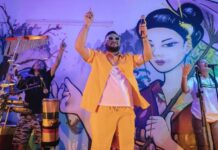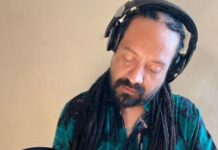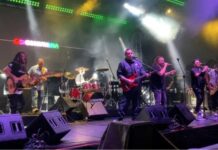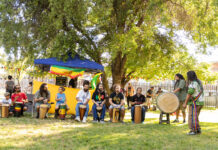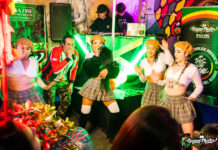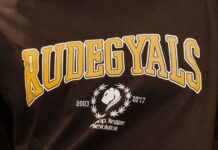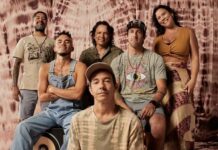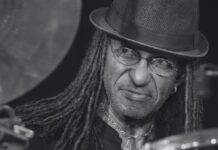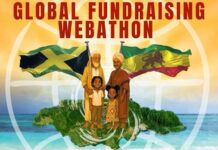The prominent Irish singer Sinead O’Connor died at 56 years, as was known this Wednesday according to the media of that country.
“It is with great sadness that we announce the passing of our beloved Sinead.. His family and friends are devastated and ask for privacy at this difficult time.”, The artist's family reported in a statement broadcast by the Irish public channel. RTE.
In the first years of her career, the singer became a rock and pop figure thanks to, mainly, to your version of “Nothing Compares 2 U”, one of the ballads from the early 90s′ most recognized, which gave him an important boost at the beginning of his career.
Likewise, always addressed uncomfortable topics for power, related to the child abuse, human rights, antiracism, religion and women's rights.
His strong link with reggae
Although she declared herself Catholic - although a few years ago she converted to Islam -, The singer forged a relationship with reggae and Rastafari that crossed her life, from its most controversial moments, even very painful situations.
One of those controversial moments, perhaps the greatest of all, it was in 1992 when on the popular American show “Saturday Night Live” presented a capella the song “War” Bob Marley, based on the speech that Haile Selassie I gave before the UN in 1963.
With a microphone adorned with green, yellow and red, at the end of his performance, when mentioning the word “evil” (wicked), showed a photo of Pope John Paul II that he later tore up, at the same time he said: “fight against the real enemy”.
This protest against child abuse, what 9 Years later the Catholic Church would openly recognize and whose reach was global, brought harsh criticism from the church itself, from colleagues and from various sectors, causing serious problems for his musical career.
In his 2021 bookRememberings, O'Connor referred to the incident: “Everybody wants a pop star, but I'm a protest singer. I just had things to get off my chest. I had no desire for fame”.
“rasta spirits”
Another of his links with reggae and rastas It's his video of the year 2000 “No Man’s Woman”, which shows a Sinead in a wig who runs away from her wedding and reaches the city where she dies, ignored by passers-by., but it is the spirits embodied in dreadlocks that revive her and give her a green guitar, yellow and red.
about that song, He said: “Talk about a soul, of a feminine soul that does not want to be a girlfriend or wife, wants to be single, really, but she is very in love with the spirit of men and wants to have a relationship with the spirit of men. The song also honors the soul of the woman, [what] she feels that her teachers will be men, your guides will be men, and their saviors have been men. Although not romantically, but spiritually”.
His album of reggae classics
Perhaps one of the highest points of this close relationship with reggae was the album of the year 2005 Throw Down Your Arms, What are they 12 covers of hits Burning Spear, Peter Tosh, Buju Banton, Israel Vibration y Bob Marley, among others, which featured the production of Sly & Robbie and was recorded at Tuff Gong studios, and Kingston, Jamaica.
further, the 10% of the album's profits went to support Rastafarian elders in Jamaica.
Reggae also accompanied her in one of the saddest moments of her life when at the beginning of last year her son Shane Lunny, of 17 years, committed suicide. For that situation he dedicated some words to him along with the Bob Marley song, “Ride Natty Ride”, work that appears on the album Survival (1979).
“This is for me Shaney. Light of my life. The lamp of my soul. My blue eyed baby. you will always be my light. We will always be together. No limit can separate us”, the singer wrote on her Twitter account.
“And it doesn't matter what game they play/ We have something they could never take from us/ We have something they could never take from us/ And it's fire (fuego), is the fire (fuego)/ That's burning everything / Feel that fire (fuego), the fire (fuego)”, says part of the song.
“Rastafari has inspired me to be even more passionately Catholic, Rastafari is not a religion, it's a movement. And when you're around those people, you can taste god”, O'Connor said in 2005 in an interview with NPR, explaining its connection to Jamaican culture.



